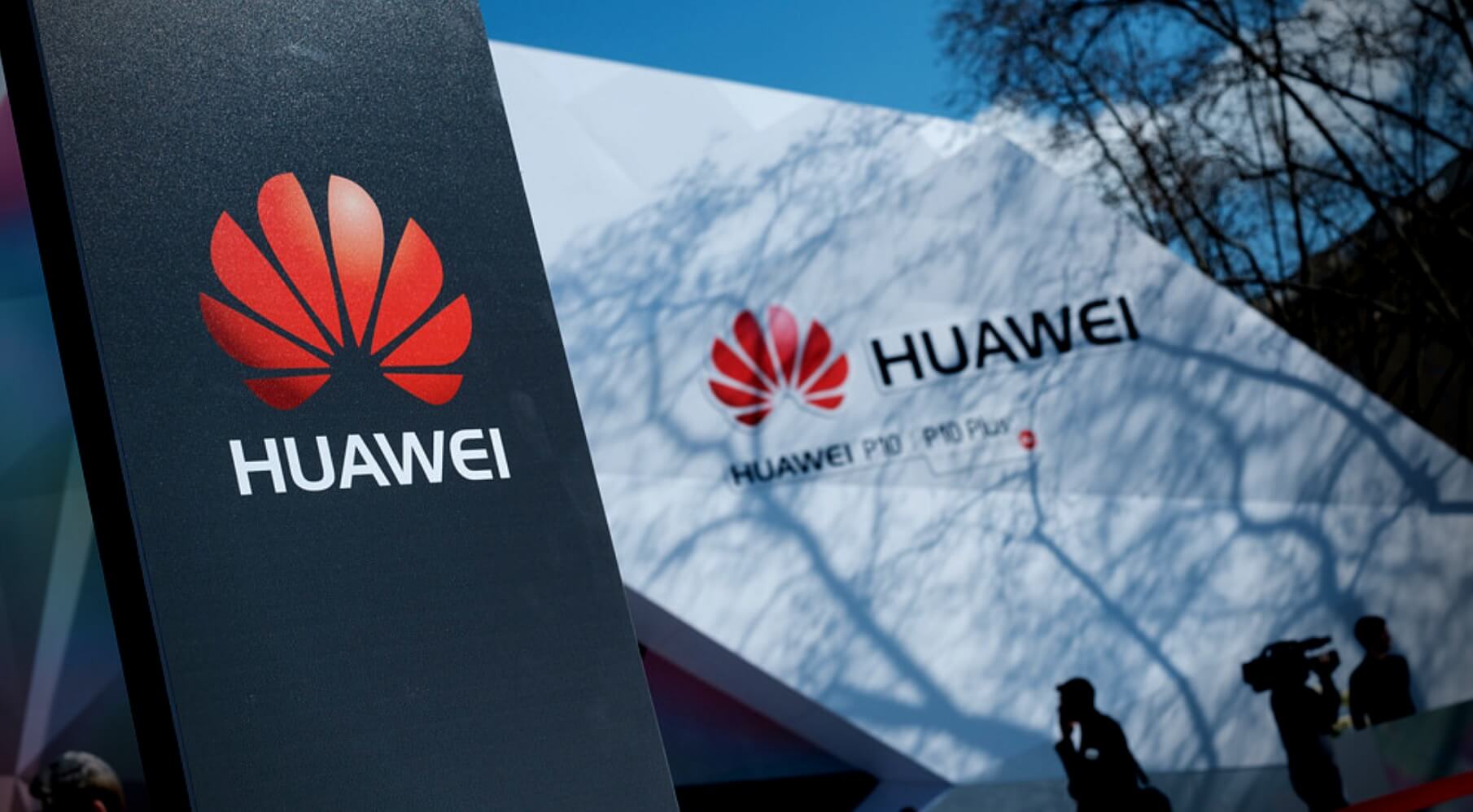 The debate swings on whether it is possible to use Huawei technology on the periphery of 5G installations while keeping the core networks secure. But this is also a moral question, writes Charles Burton.
The debate swings on whether it is possible to use Huawei technology on the periphery of 5G installations while keeping the core networks secure. But this is also a moral question, writes Charles Burton.
By Charles Burton, February 21, 2020.
Canada’s Big Three telecom companies aren’t waiting for the federal government’s ever-delayed Huawei security review. Telus has announced it will forge ahead and install Huawei 5G technology — damn the consequences. Bell will presumably not be far behind, as Rogers has already started to implement 5G service in four Canadian cities using Ericsson technology.
For the federal government, the Huawei decision clock is running out.
On Feb. 13, the U.S. government released a new indictment against Huawei and its CFO, Meng Wanzhou, depicting a corporate culture so corrupt that, besides extensive theft of intellectual property and propriety manufacturing processes by Huawei’s own espionage agents, there is even an incentive scheme rewarding employees who upload stolen materials to an encrypted e-mail address, or sneak into rivals’ labs and steal devices.
The indictment details Huawei’s mendacity, betrayal of commitments and half-hearted attempts to cover it all up by blaming “rogue employees.” It also cites Huawei’s provision of surveillance technology to Iran, which uses it to monitor, identify and detain protesters (presumably the same kit used against the Xinjiang Uyghurs, and coming soon to Hong Kong and the rest of China).
Washington promises to cut off intelligence-sharing with Canada if we go with the Huawei 5G. Lest anyone think this is merely Donald Trump’s “America First” antipathy to China’s rising global role, his Democratic nemesis, Nancy Pelosi, implored the recent Munich Security Conference to reject Chinese “digital autocracy through its telecommunication giant Huawei,” while a senior U.S. delegation in London pressed Prime Minister Boris Johnson to reverse his decision to give Huawei partial access to British telecommunications.
The debate in Canada swings on whether it is possible to use Huawei technology on the periphery of 5G installations while keeping the core networks secure. It must be determined if the federal Communications Security Establishment can genuinely monitor Huawei hardware and software to ensure the PRC cannot manipulate critical Canadian infrastructures such as power and water, or use Huawei technology to further expand Beijing’s well-documented cyber-espionage.
Being shut out of U.S. intelligence-sharing would leave Canada even more susceptible to the security threats of Russia (especially in the Arctic) and China (everywhere). But there is another, more fundamental moral factor. Does Canada honestly want to send the profits from billions of dollars of 5G installation to China’s Huawei, a dishonest and dissembling corporate entity that is digitally facilitating Xi Jinping’s ever-strengthening program of political repression?
Here at home, Huawei does have its supporters. Its Canadian employees are understandably trying to put a good face on it, and telecom executives warm to the cheaper price point of Huawei, which is heavily subsidized by the Chinese state. And there is pressure on the Prime Minister’s Office from numerous other quarters to put through approval for Huawei’s 5G technology.
In New Zealand, a startling report by scholar Anne-Marie Brady to that nation’s Parliamentary Inquiry on Foreign Interference details the Chinese Communist Party’s massive scheme of enticing foreign politicians, academics and business people to promote China’s agenda through political lobbying, the media, and academia. Besides offering business opportunities or free trips to China, using bribery or honey traps and so on, there are also “consultancies” in which prominent advisers pocket up to $150,000 per annum just for being affiliated with PRC entities. So long as the foreign adviser promotes relations with China on PRC terms, the money keeps coming.
Back in Ottawa, the new Special Committee on Canada-China Relations needs to seriously explore whether what is happening in New Zealand can happen here. As decision day on Huawei edges nearer, we need legislation requiring transparent reporting of Canadians’ income derived from foreign sources. Sunshine is the best disinfectant.
Patience is lapsing for Canada’s indecision over Huawei. The government needs to take a stand, once and for all, on the security threat of Huawei 5G. The real question is: Why would any disinterested party think that going with Huawei 5G is the right thing for Canada?
Charles Burton is associate professor of political science at Brock University, senior fellow at the Macdonald-Laurier Institute’s Centre for Advancing Canada’s Interests Abroad, and former counsellor at the Canadian embassy in Beijing.




